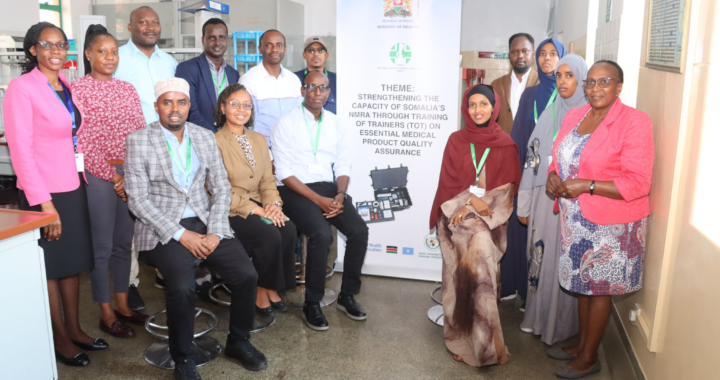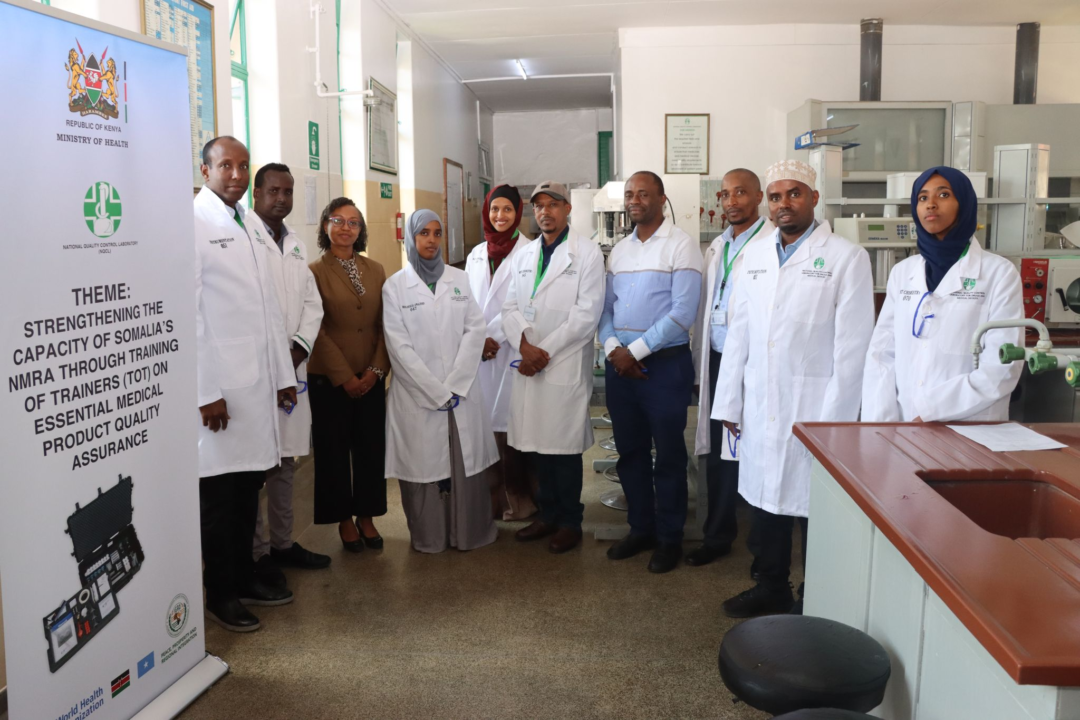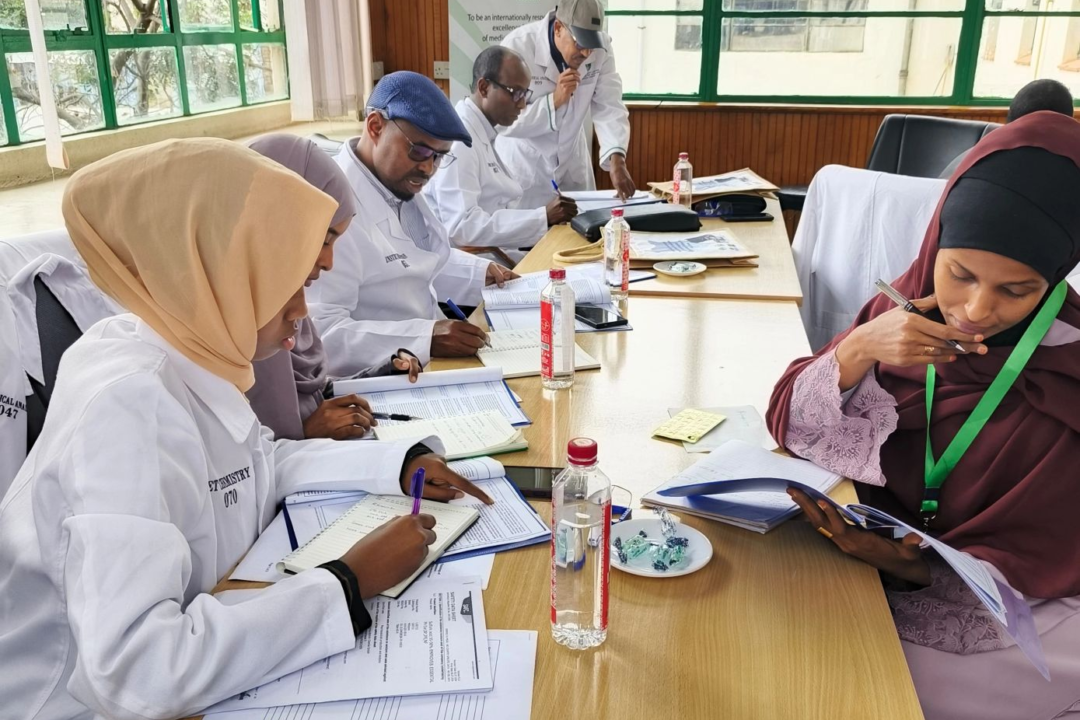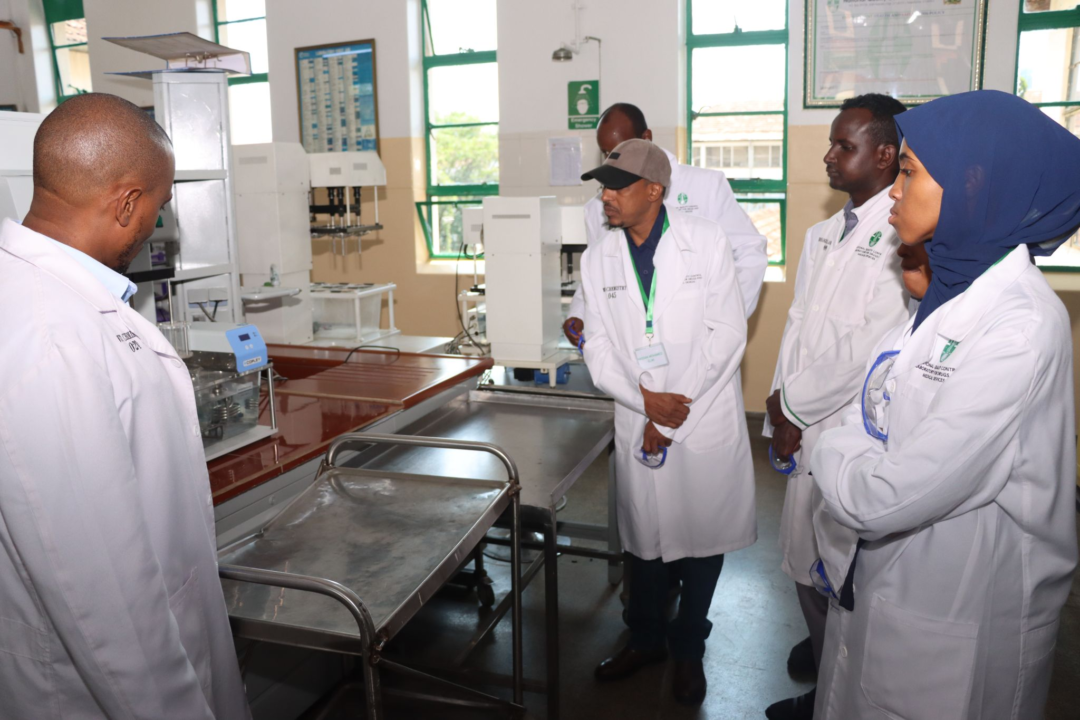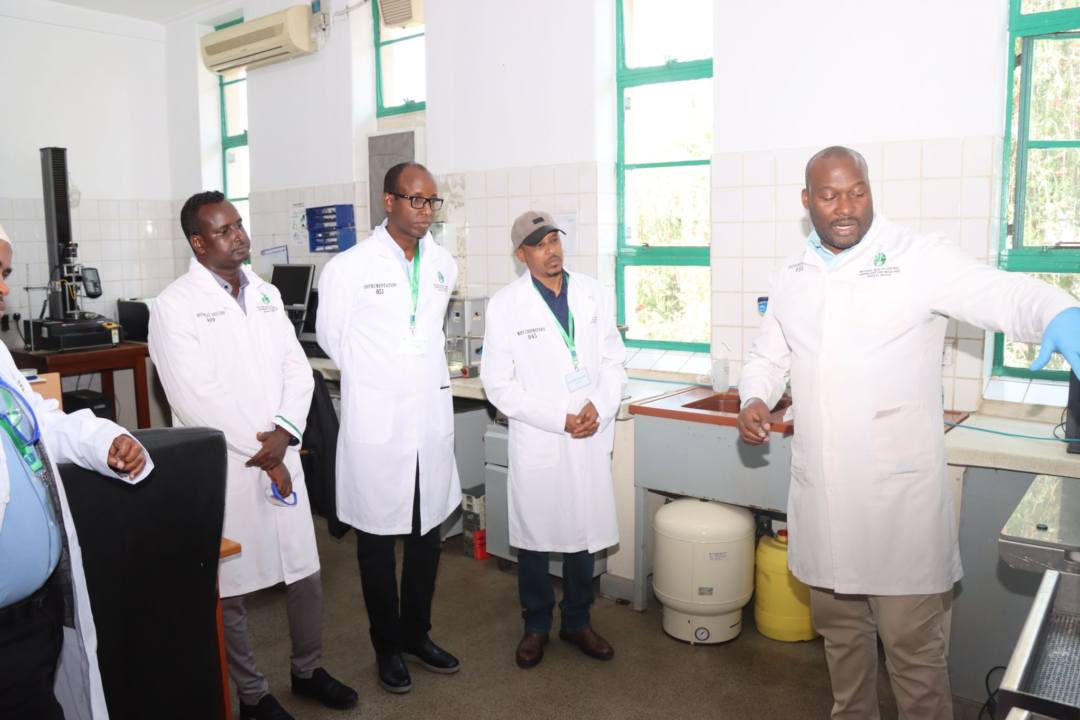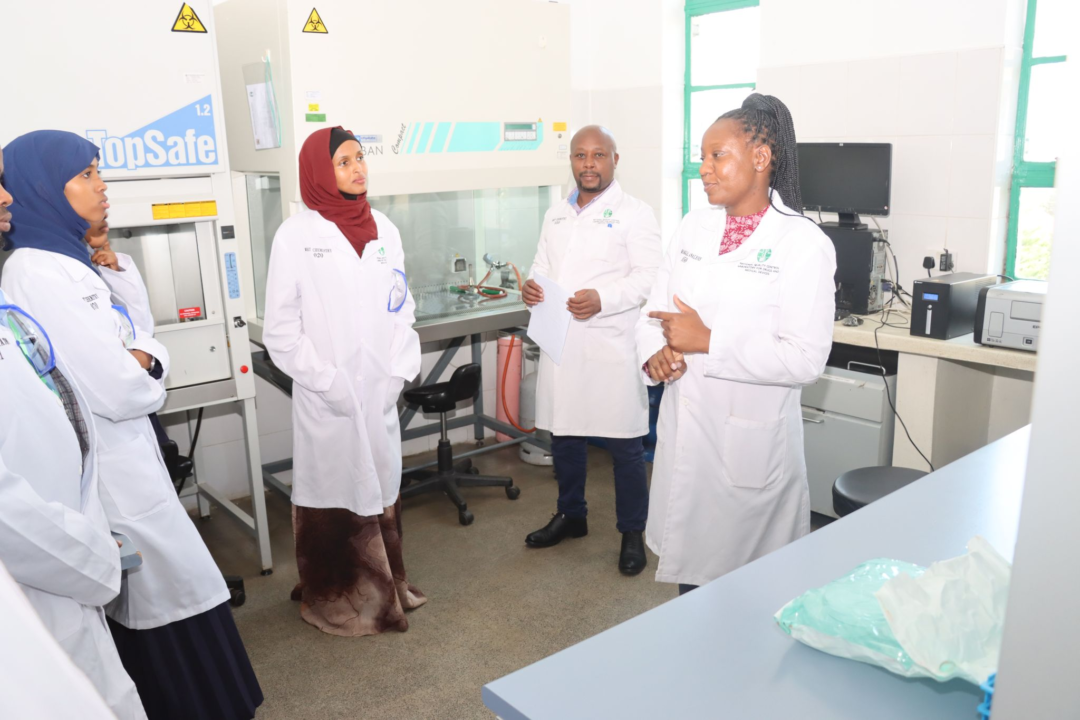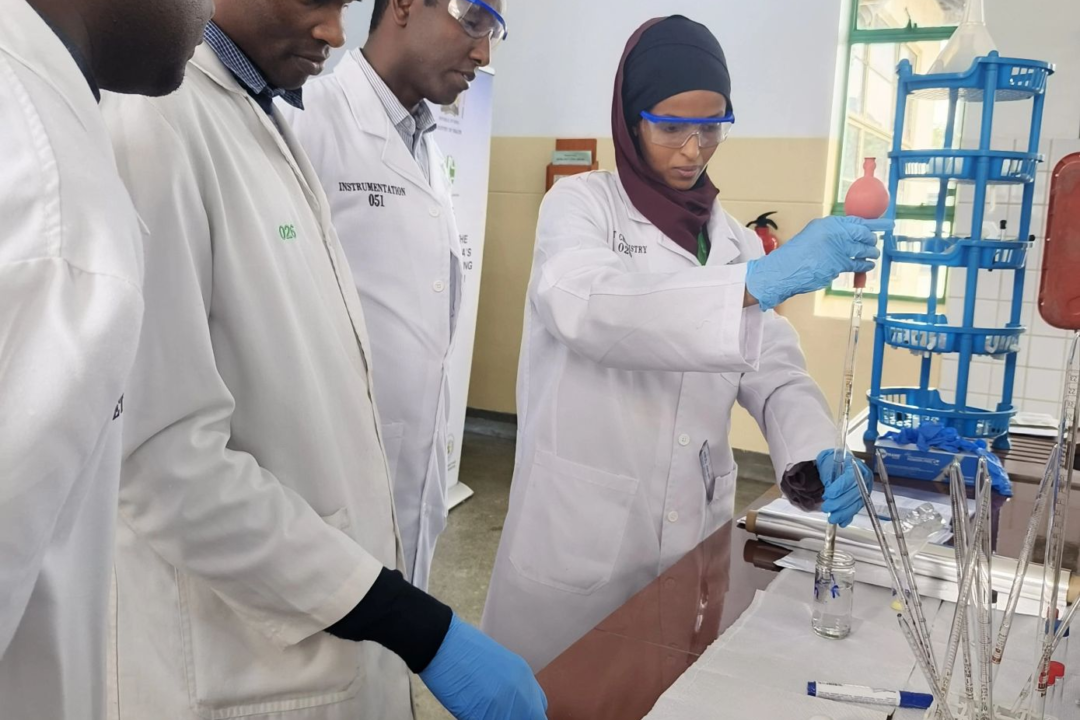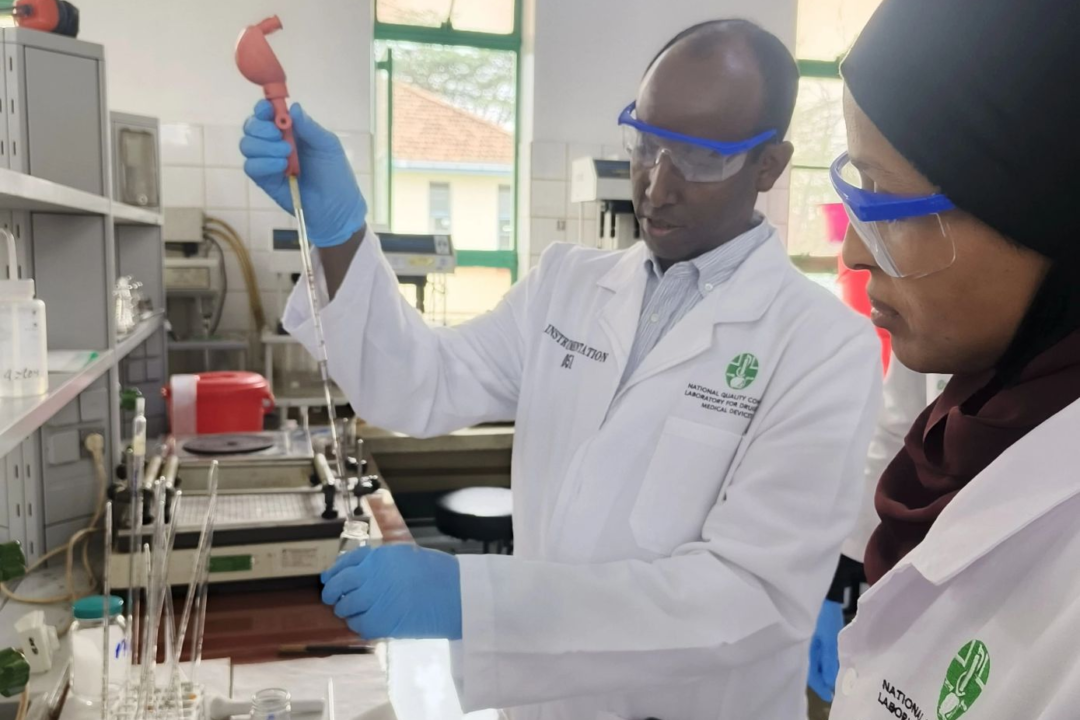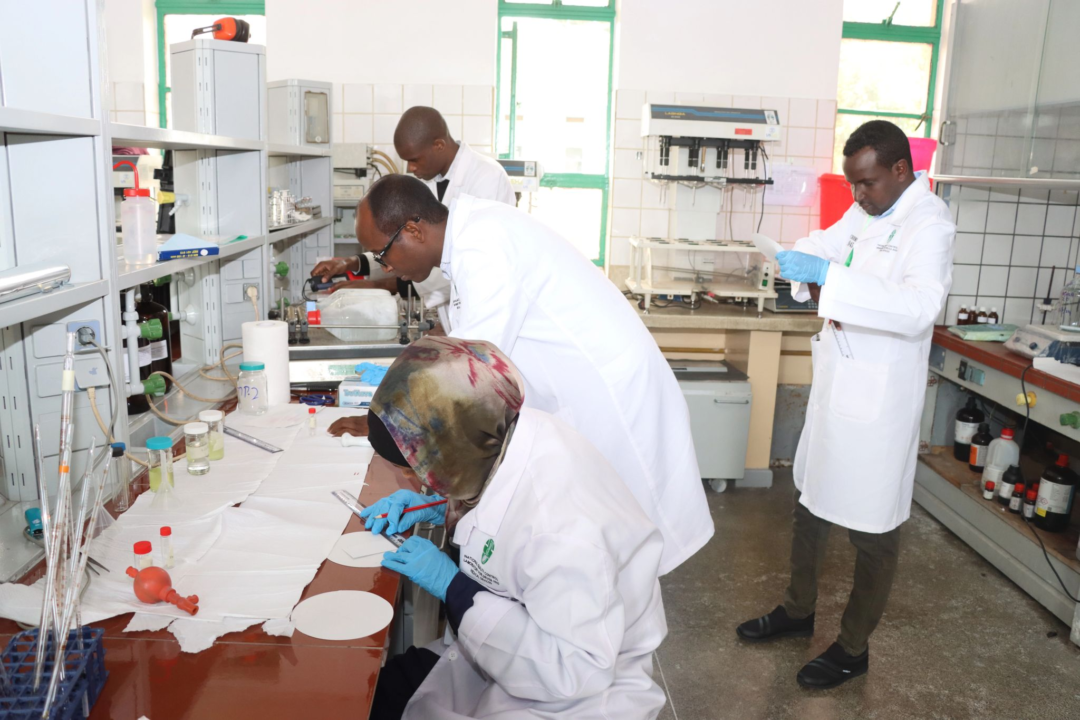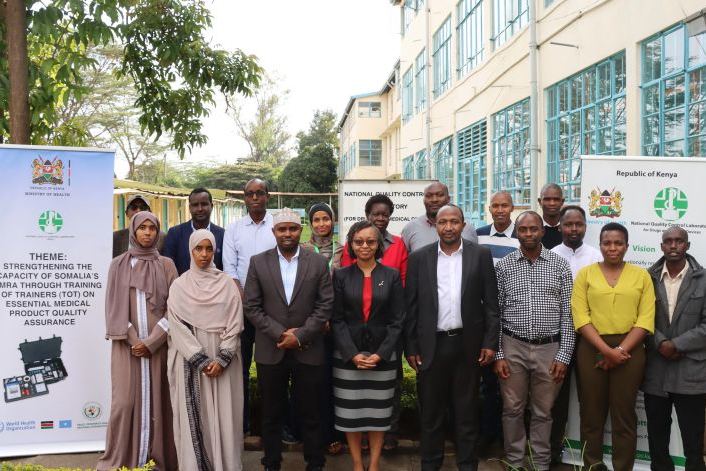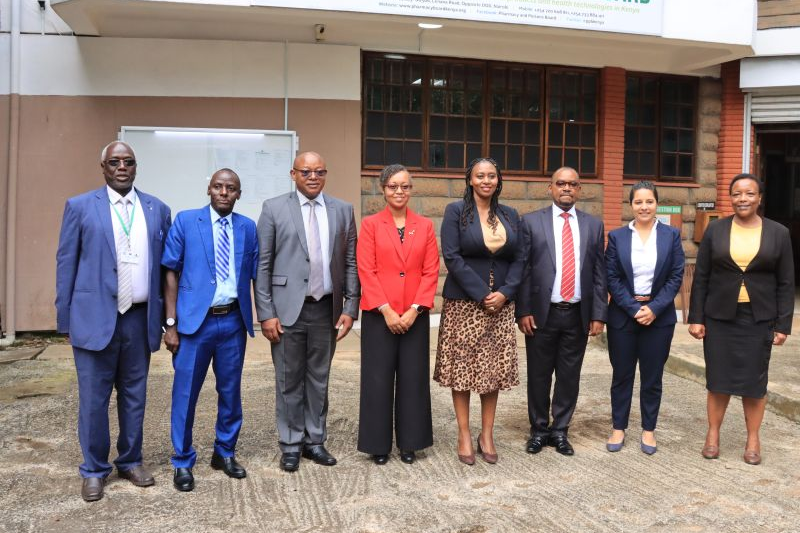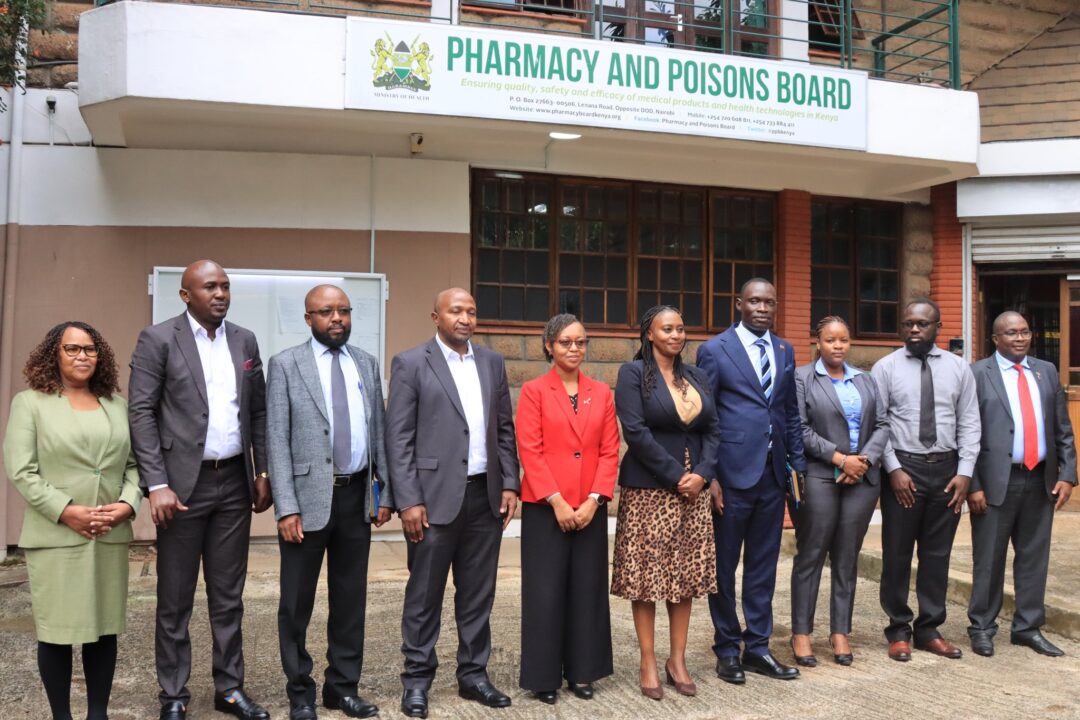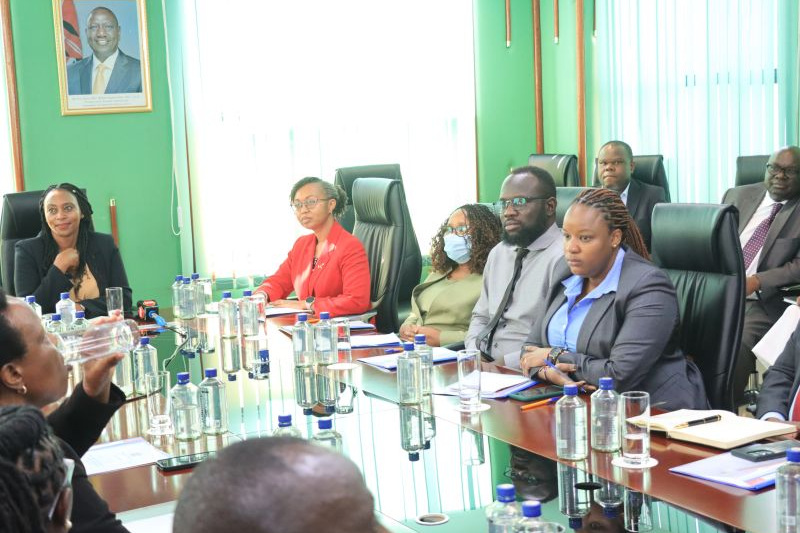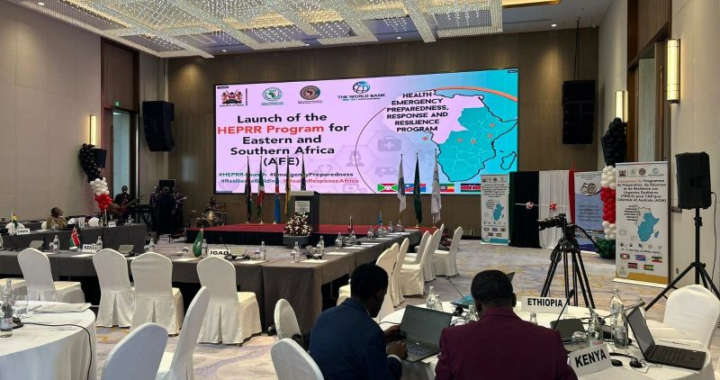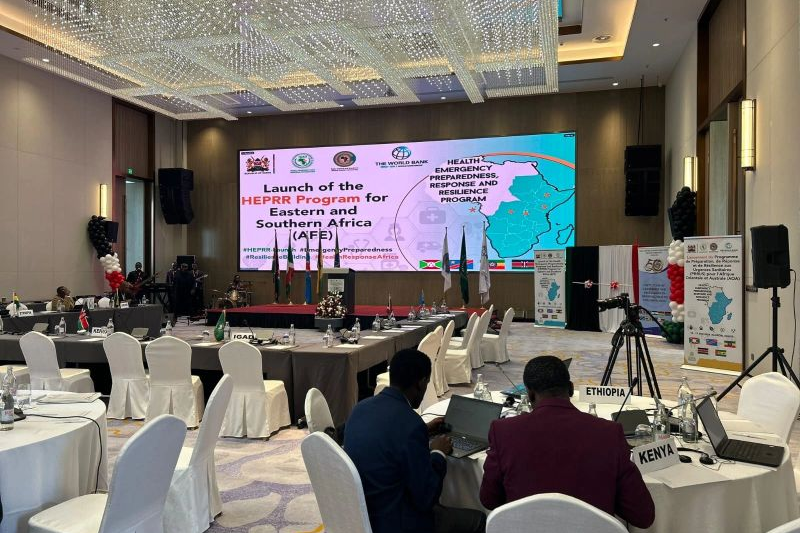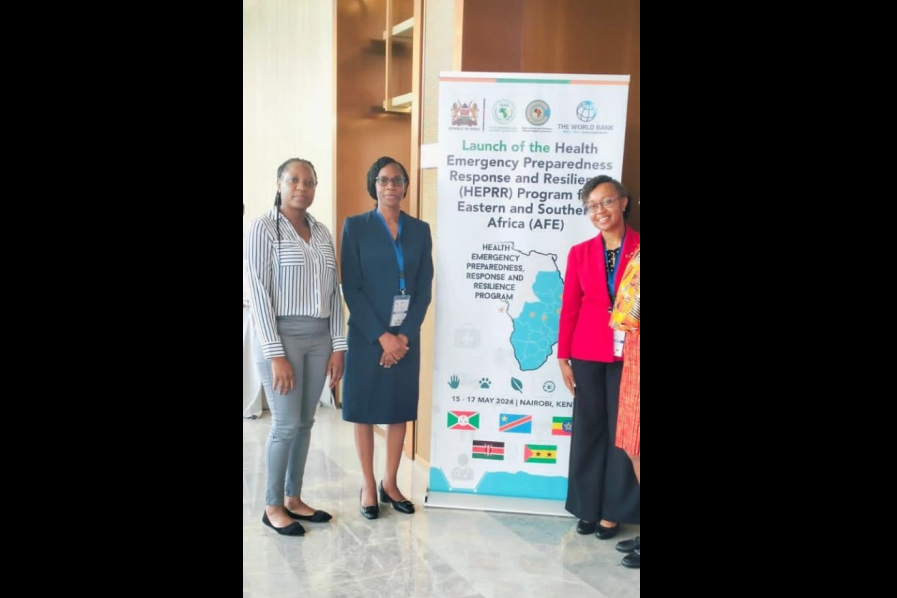-
NQCL Pre-qualification Of Suppliers 2024-2026 Document
-
Training of Trainers (TOT) workshop for Somalia’s National Medicines Regulatory Authority (NMRA) Staff
-
NQCL’s 9th Board of Management Inaugurated
-
The World Bank-funded Health Emergency Preparedness, Response and Resilience (HEPRR) Program
-
NQCL Customer Satisfaction Survey 2019
-
New NQCL Board of Management Inaugurated
-
New Board of Management for NQCL
-
Kenya’s Lab Intensifies Fight against Poor Quality Medicines
NQCL Pre-qualification Of Suppliers 2024-2026 Document
This is to notify all suppliers of the National Quality Control Laboratory Pre-qualification of Suppliers for 2024-2026 Document.
Download the supplier pre-qualification document from the link below:
NATIONAL QUALITY CONTROL LABORATORY PRE-QUALIFICATION OF SUPPLIERS 2024 2026 Document
Find the letter for the supplier pre-qualification document from the link below:
NATIONAL QUALITY CONTROL LABORATORY PRE-QUALIFICATION OF SUPPLIERS 2024-2026 Letter
Training of Trainers (TOT) workshop for Somalia’s National Medicines Regulatory Authority (NMRA) Staff
The National Quality Control Laboratory (NQCL) is proud to host a crucial training program, sponsored by the World Health Organization (WHO) Somalia, for Somalia’s healthcare future! We’re collaborating with WHO Somalia and the National Medicines Regulatory Authority (NMRA) Somalia to empower their team with essential skills for testing vital medicines.
This initiative focuses on equipping Somalia NMRA with the expertise to effectively analyze medications using Minilab techniques and core laboratory instruments. By strengthening their testing capabilities, we aim to ensure the quality, safety, and efficacy of essential medical products for Somalia and the surrounding region.
The training, which was sponsored by WHO Somalia, focused on strengthening the capacity of Somalia’s NMRA on essential medical product Quality Assurance and saw a pool of trained TOTs graduate with analytical skills on the GPHF – Minilab® testing and vaccine quality monitoring.
The TOTs will in turn cascade the training to other technical staff.
NQCL’s 9th Board of Management Inaugurated
A New Dawn for NQCL as it Gets a New Board of Management today!
Huge congratulations to the new NQCL board, officially inaugurated today by the Permanent Secretary of the State Department for Public Health and Professional Standards! This momentous occasion marks a new chapter for NQCL, and we’re thrilled to see the fresh perspectives and leadership this board will bring.
Special thanks go out to the Pharmacy and Poisons Board for their role in the appointments. As the PS emphasized, strong collaboration between NQCL and PPB is vital to ensuring the highest quality health products reach Kenyans. This new dawn promises a brighter future for NQCL, and we eagerly anticipate the positive impact they’ll have on our national health landscape.
The World Bank-funded Health Emergency Preparedness, Response and Resilience (HEPRR) Program
Exciting news for Kenya’s healthcare System!
The World Bank-funded Health Emergency Preparedness, Response and Resilience (HEPRR) Program is launching today!
We the National Quality Control Laboratory (NQCL) are honoured to have participated in the launch. This initiative will strengthen the NQCL and boost the Kenya health system’s ability to prepare for, respond to, and recover from pandemics and other emergencies effectively.
This initiative has broad benefits for us and our healthcare system. Among these are:
1. A stronger health system: HEPRR will ensure Kenya’s healthcare system is better equipped to handle challenges, meaning you will have access to improved care during emergencies.
2. Quality assured medicines: A stronger NQCL means you can be confident that the medicines and vaccines you receive are safe and effective.
This is a major step forward for Kenya’s healthcare! Let’s celebrate this investment in our health and well-being.
NQCL Customer Satisfaction Survey 2019
Dear Valued Client
We’re conducting a survey and your input would be much appreciated.
Your feedback is invaluable to us and will greatly help us to improve the services we offer to all our clients.
Click the on the link below to start the survey.
Please note that all responses will be treated anonymously.
Thank you for your participation!
New NQCL Board of Management Inaugurated
The new NQCL Board of Management was inaugurated on 05th April 2018 by the Chairman of the Pharmacy and Poisons Board, Dr. Jackson Kioko who is also the Director of Medical Services, Ministry of Health.
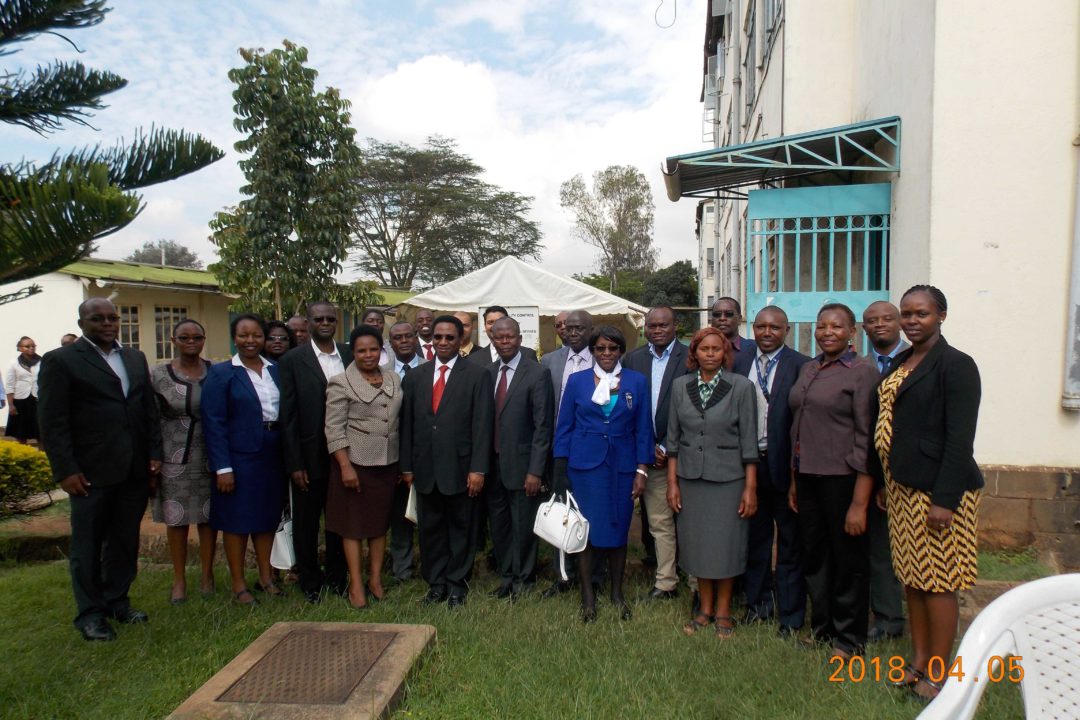 The BOM members together with Management team
The BOM members together with Management team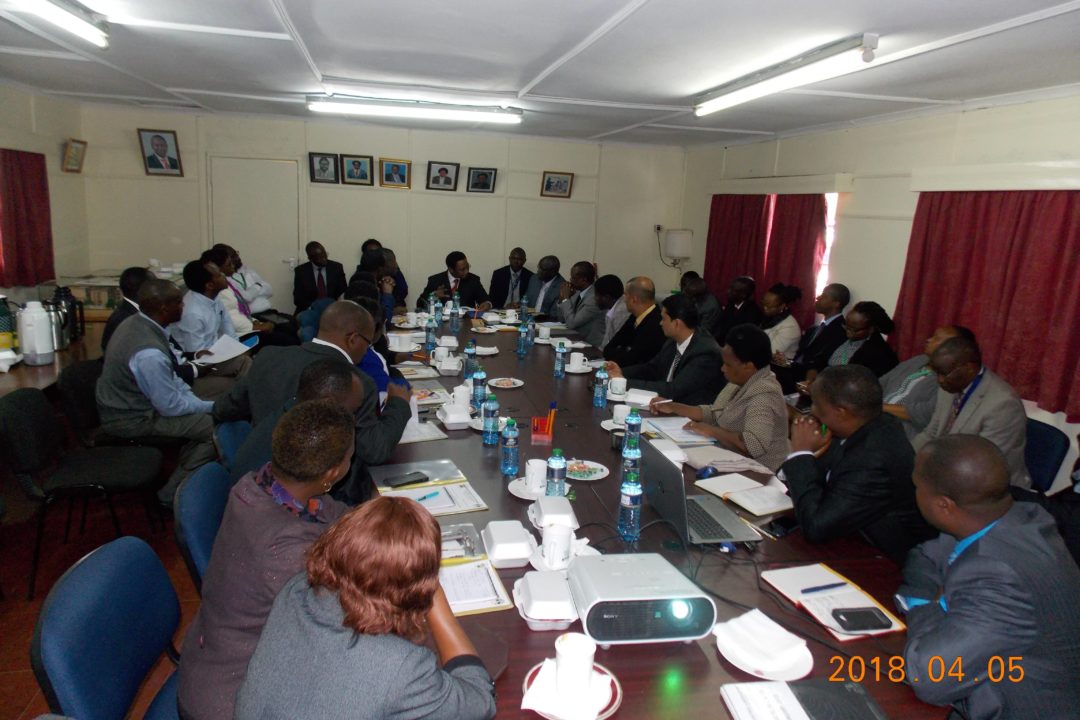 Stakeholders during the inauguration
Stakeholders during the inauguration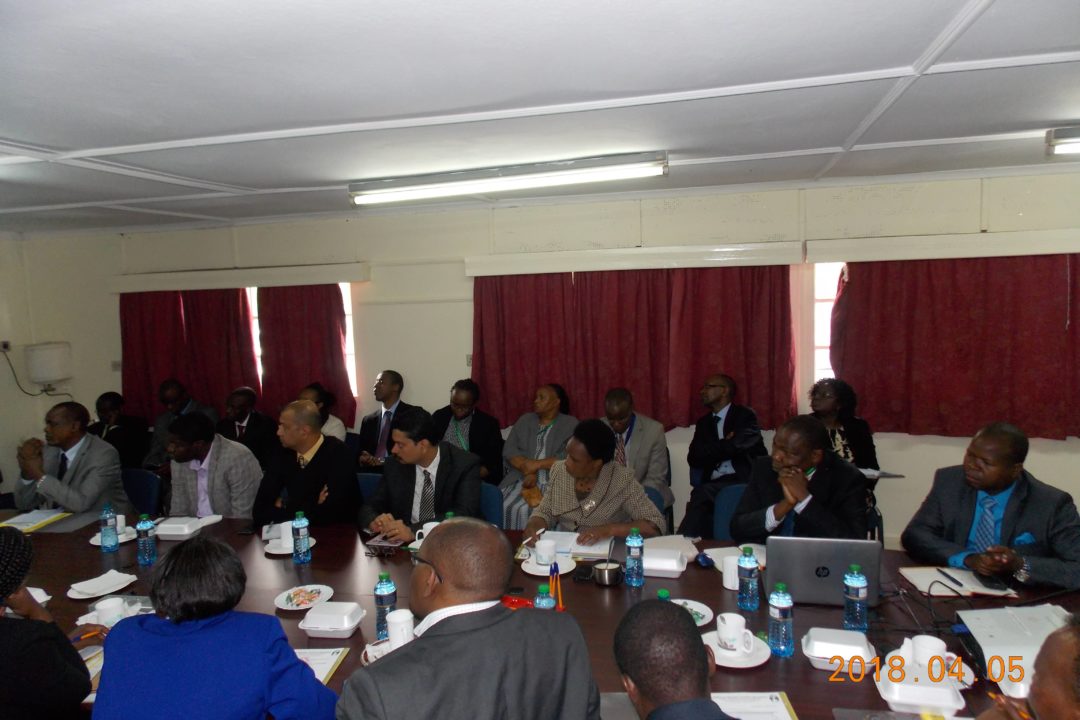 Stakeholders during the inauguration
Stakeholders during the inauguration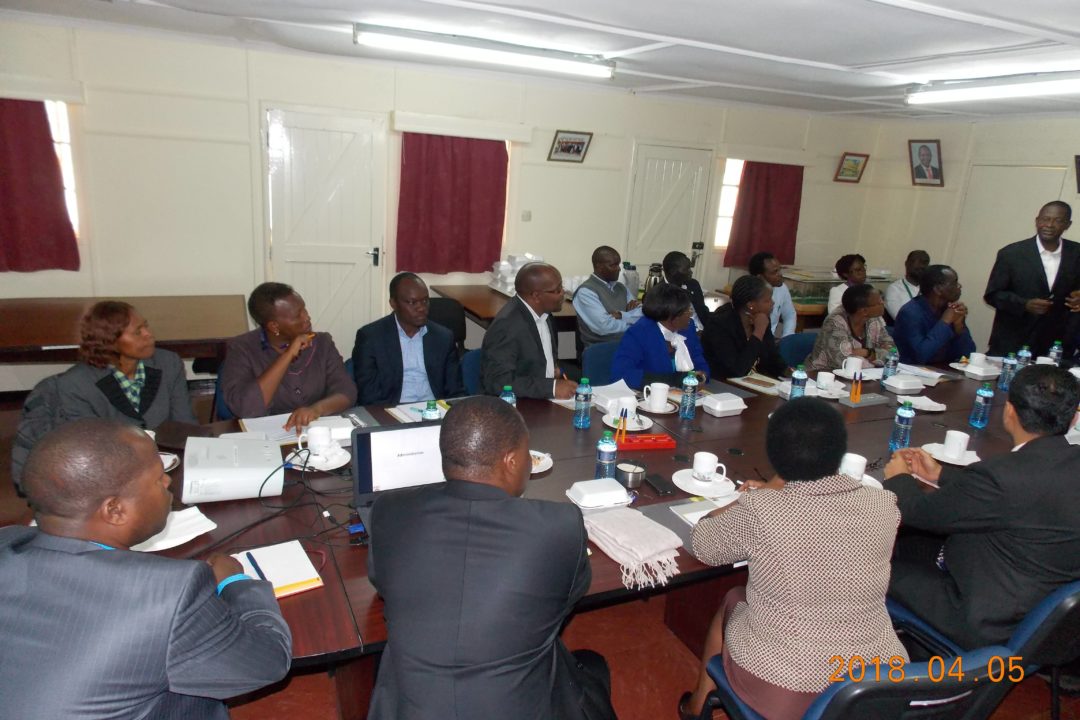 Stakeholders during the inauguration
Stakeholders during the inauguration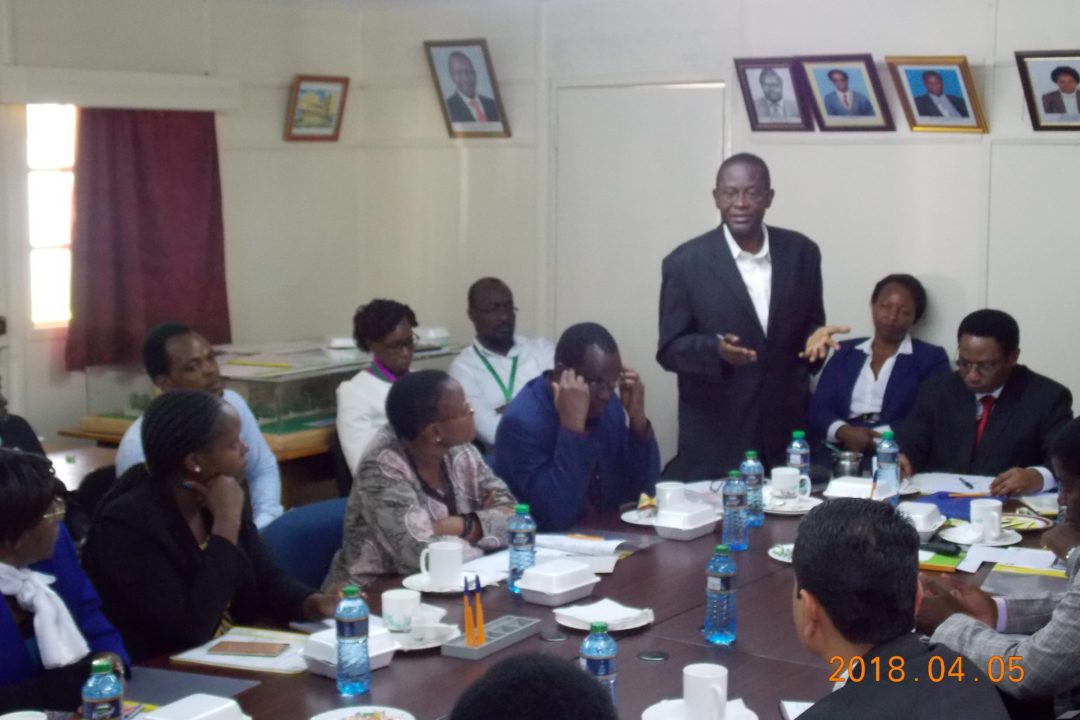 The Chairman BOM gives his remarks during the inauguration
The Chairman BOM gives his remarks during the inauguration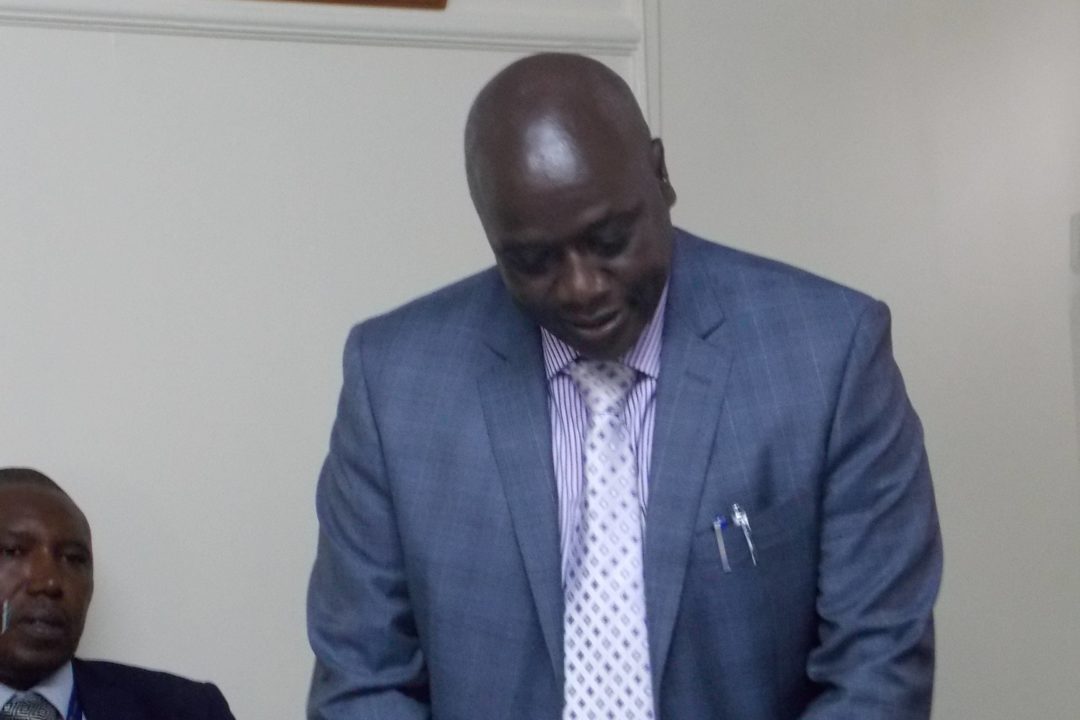 Dr. Fred Siyoi gives his remarks during the inauguration
Dr. Fred Siyoi gives his remarks during the inauguration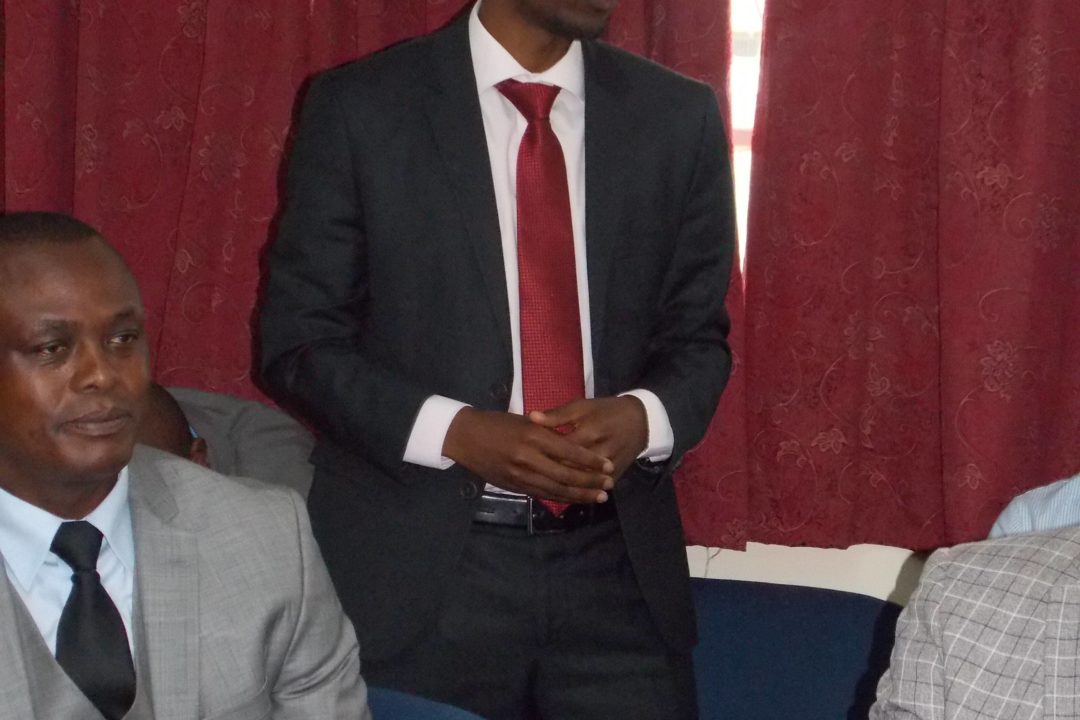 Dr. Louis Machogu gives his remarks during the inauguration
Dr. Louis Machogu gives his remarks during the inauguration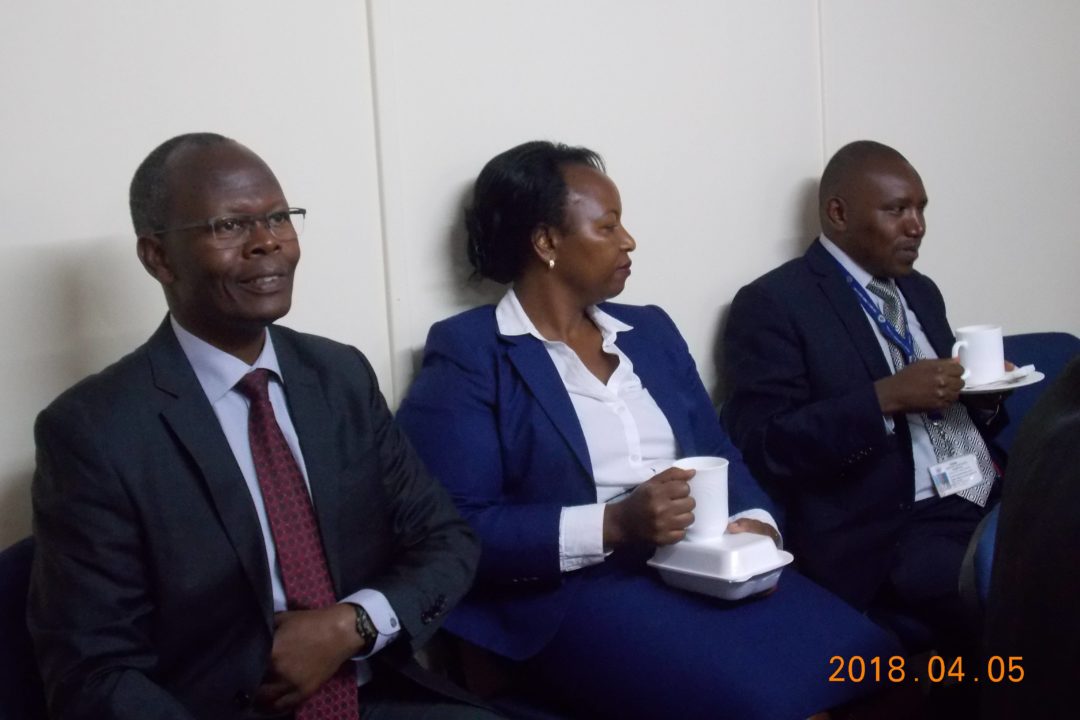 BOM PPB during the inauguration
BOM PPB during the inauguration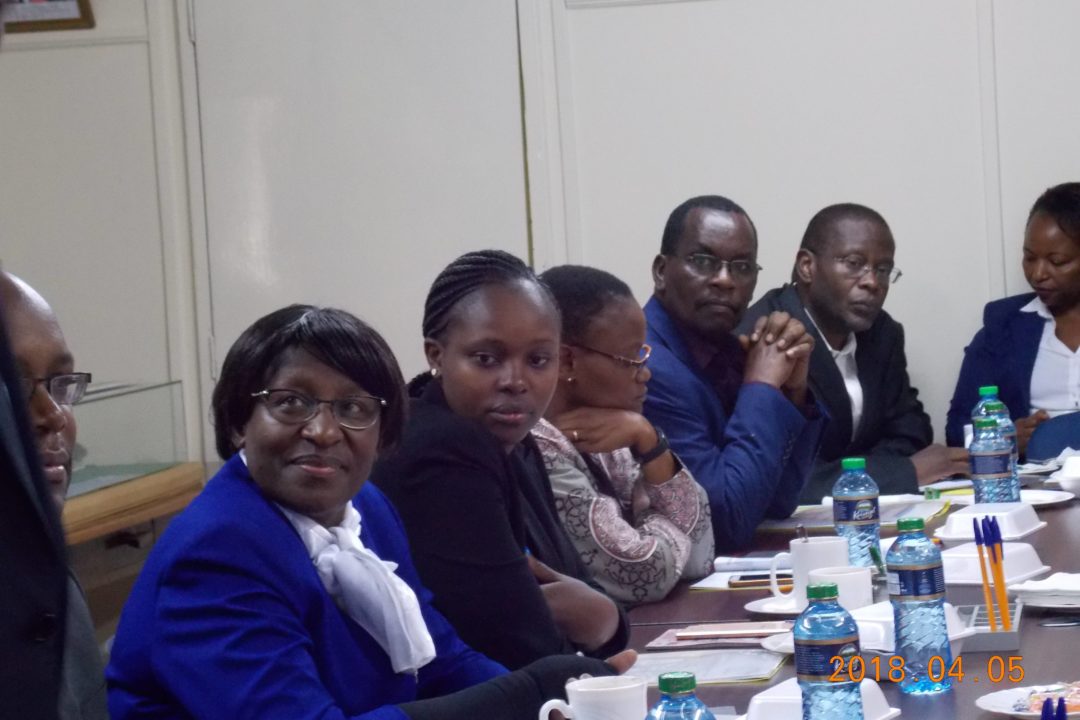 BOM NQCL during the inauguration
BOM NQCL during the inauguration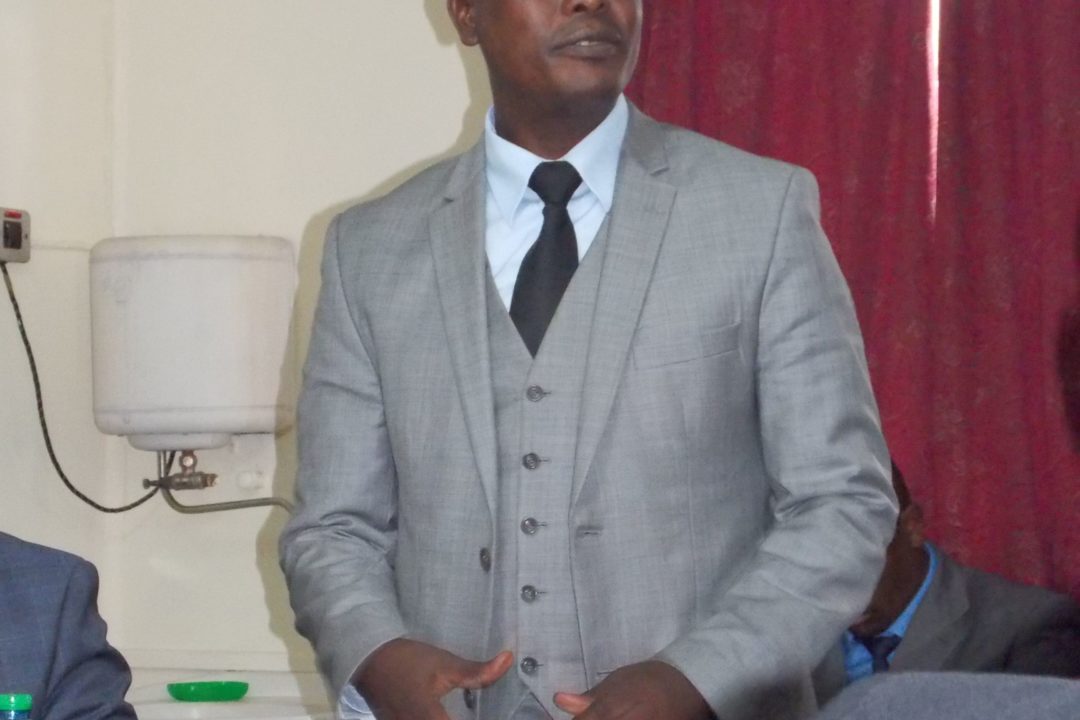 Dr. Hezekiah Chepkwony gives his remarks during the inauguration
Dr. Hezekiah Chepkwony gives his remarks during the inauguration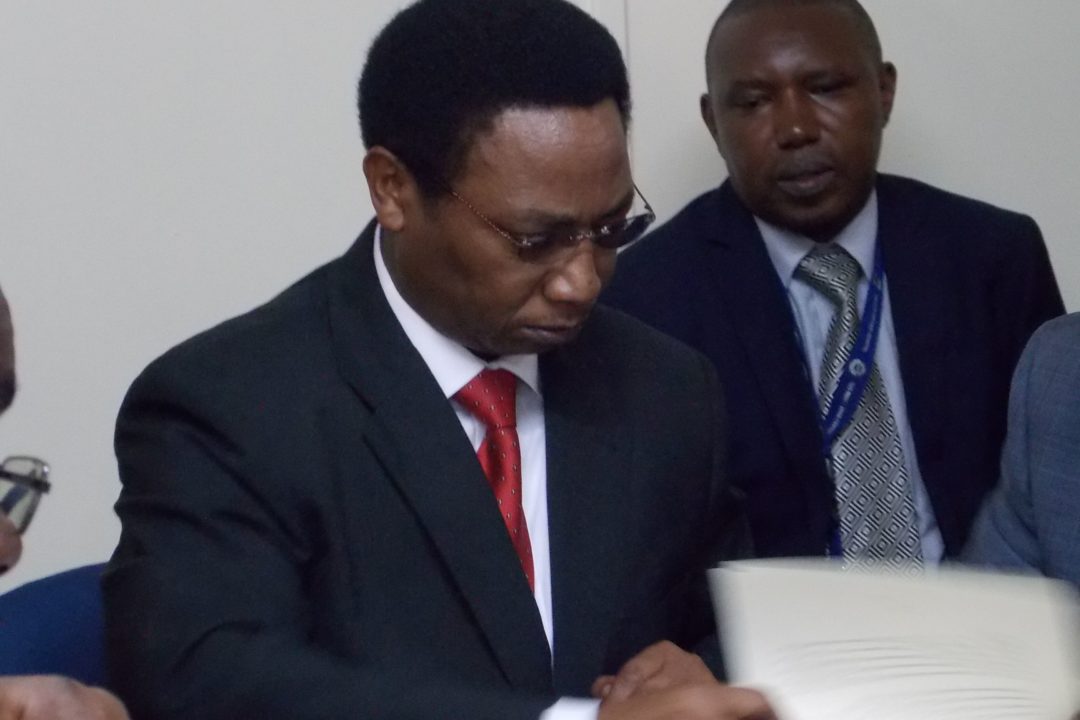 Dr. Jackson Kioko makes his remarks during the inauguration
Dr. Jackson Kioko makes his remarks during the inauguration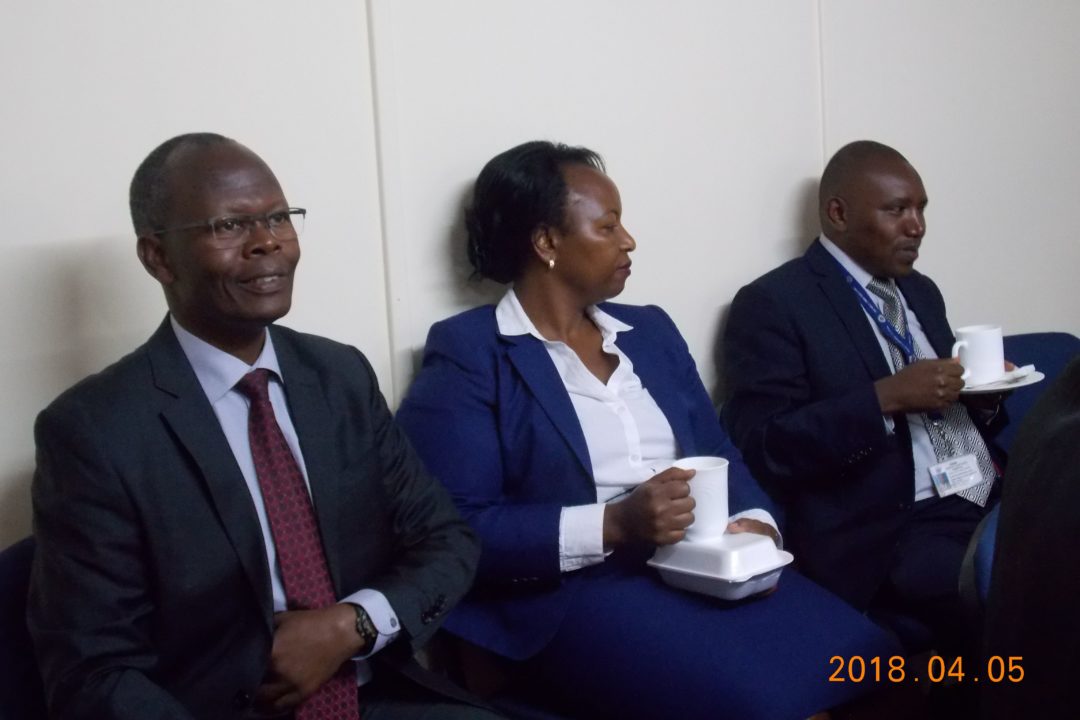
New Board of Management for NQCL
Via Gazette Notice No. 1940 dated 02nd March 2018, the Chairman of the Pharmacy and Poisons Board, Dr. Jackson Kioko appointed the new Board of Management for the National Quality Control Laboratory.
Chairperson:
1. William Mwatu (Dr.)
Members:
2. John Ronoh Sitienei (Dr.),
3. Irene Thiguki Kamanja (Dr.),
4. Georgina Muchai,
5. Lilian Balusi (Dr.),
6. Hellen Bosibori Okioma,
7. Paul Munyao Mutua,
8. Simon Njoroge Muigai (Dr.),
9. Edith Wakori (Dr.),
The members were appointed for a period of three (3) years from 12th February, 2018.
Kenya’s Lab Intensifies Fight against Poor Quality Medicines
A recent study conducted by the Promoting the Quality of Medicines (PQM) program found that poor quality medicines are a public health threat to patients around the world. In Kenya, the Ministry of Health is intensifying its efforts to ensure patient safety by improving medicines quality.
A key component of any strategy for combating the public health threat posed by falsified and substandard medicines in developing countries, including Kenya, is to focus on establishing new or strengthening existing medicines quality management systems.
Access to quality, safe and effective medicines is the cornerstone of any public health program and it requires an effective management system to ensure their quality. Thus, a big part of tackling Kenya’s problem involves increasing the capacity of its Ministry of Health’s National Quality Control Laboratory (NQCL) to ensure that the medicines available to the public are safe and of good quality.
But building a lab to world-class standards is a laborious process that carries a steep price tag. And like other developing countries in Africa that lack adequate resources, equipment and trained staff, for Kenya’s NQCL, this was a huge obstacle.
Moving Towards Sustainability
In a relatively short time, with relentless effort and dedication, and the support of the United States Agency for International Development (USAID), Kenya’s NQCL has marked several important milestones in the fight against poor quality medicines.
Recently, it announced that it has attained a top international accreditation, multi-million dollar laboratory equipment for testing the quality of medicines, a new laboratory information management system, and an upgraded website.
The new equipment will drastically improve the laboratory’s quality control testing times, accuracy and reduce contamination and the need for retesting, especially when conducting sterility testing. The NQCL also received quality certification from the International Organization for Standardization (ISO), called ISO 17025, which enables the lab’s results to be trusted by the international community.
Path to Improvement
Promoting the Quality of Medicines (PQM), a program supported by USAID and implemented by the United States Pharmacopeial Convention (USP), began providing technical support to the NQCL to help prepare it to achieve accreditation. Based on an initial assessment of the NQCL’s deficiencies, PQM prepared a corrective action plan to remedy the noted deficiencies and strengthen existing technical capacity.
PQM partnered with the NQCL to implement this plan, which ultimately aimed to help improve the laboratory’s processes and systems. The first part of that plan – earning accreditation from the South African National Accreditation System (SANAS) – was accomplished in just 10 months.
Working with another USAID-supported program, NQCL secured a multi-million dollar multi-glove microbiology isolator, only the second such laboratory equipment in Africa. It also launched an electronic laboratory information management system and upgraded its website.
Isolators are used to produce and test sterile drug products with a minimized risk of microbiological contamination from the surrounding environment. Donated to the lab by KenyaPharma, a USAID-supported program implemented by Chemonics, this equipment will provide a tremendous boost to the NQCL’s overall performance and capabilities.
PQM scientists are currently working with the NQCL’s staff to help increase their capacity to correctly test medicines samples using the newly acquired equipment and teach them how to interpret, apply and respond to (appropriately disseminate) the test results. They are also providing training to the staff on how to routinely maintain the laboratory equipment.
These milestones put Kenya’s NQCL on a par with only a very few other internationally accredited laboratories in Africa. It now has the capability of producing test results that are acceptable at different regional, national and international governmental and regulatory institutions.
ISO Accreditation
Having attained both ISO accreditation and World Health Organization (WHO) prequalification status, Kenya’s NQCL can also now serve as a reference for pharmaceutical manufacturers in the region that are seeking to supply bulk medicines to procurement agencies but must first obtain WHO product prequalification to ensure that their products meet acceptable standards of quality, safety and efficacy.
PQM plans to continue to provide technical support to the NQCL and other divisions of Kenya’s Ministry of Health to help it build the nation’s capacity for the sustainable manufacturing and monitoring of quality medicines.
This expanded public health safety net is particularly needed as the Kenyan government intensifies its fight against falsified and substandard medicines.
The author, Donnell Charles, Ph.D., manages PQM’s quality management services in countries around the globe. You can contact him at dxc@usp.org (link sends e-mail).
Learn more about PQM’s work in Africa
NQCL Customer Satisfaction Survey 2019
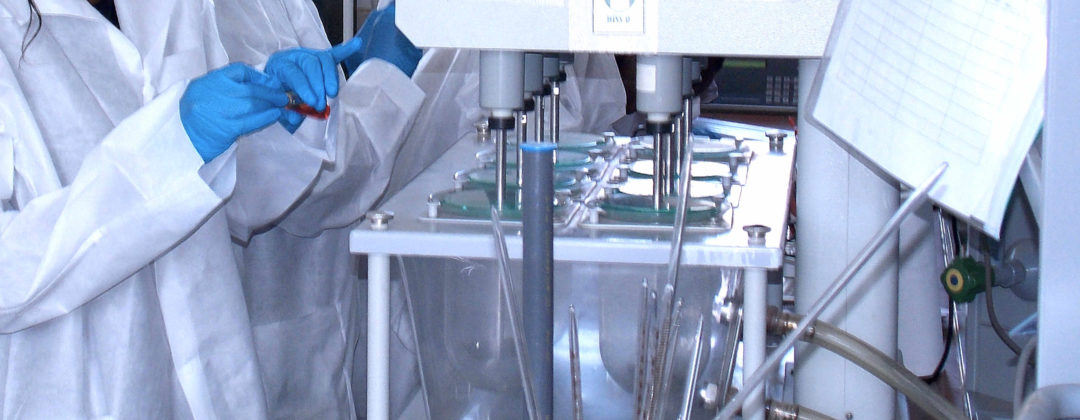 Wet Chemistry
Wet Chemistry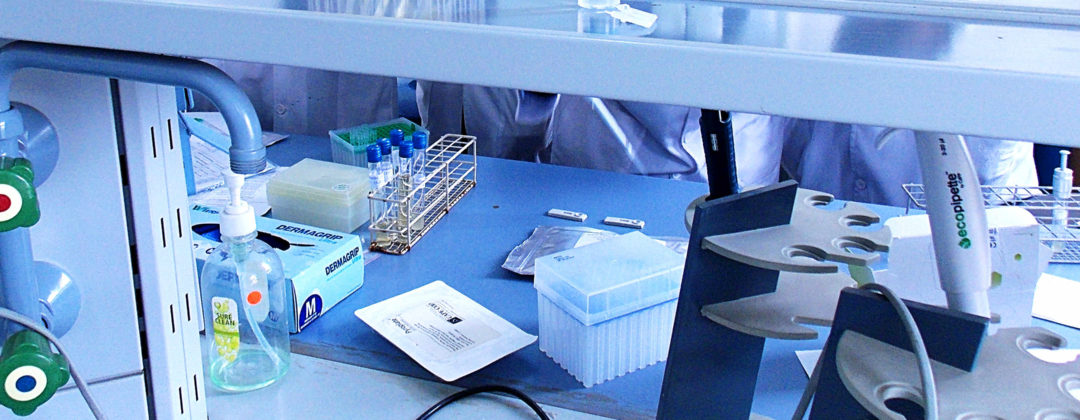 Biological Analysis Unit
Biological Analysis Unit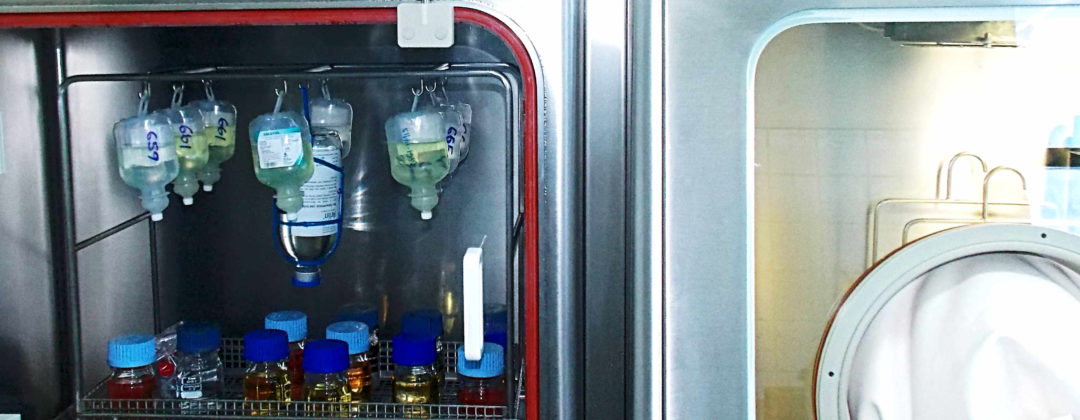 Medical Devices
Medical Devices
